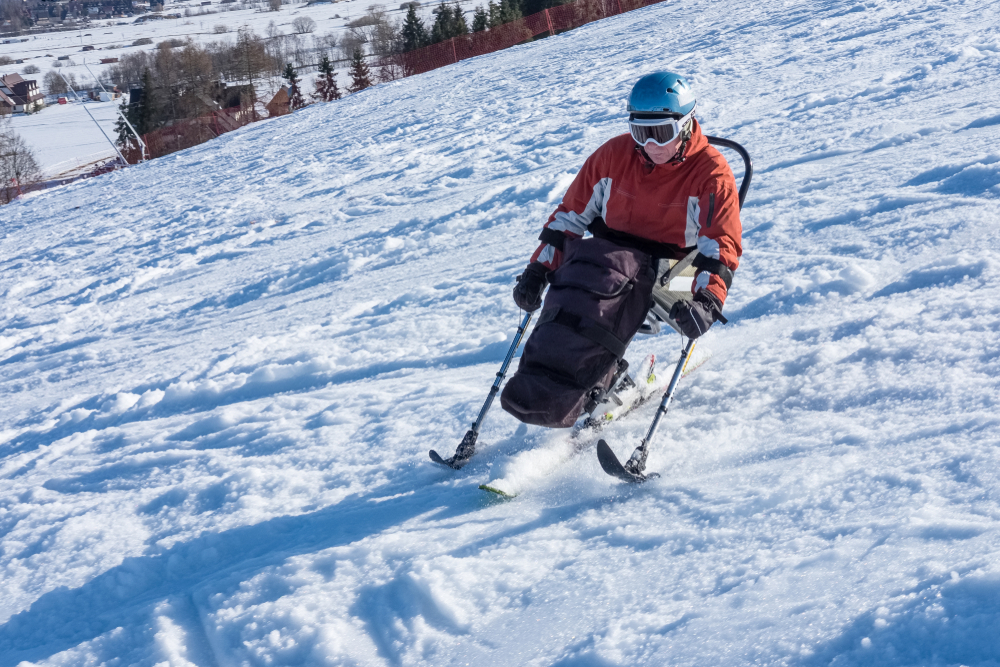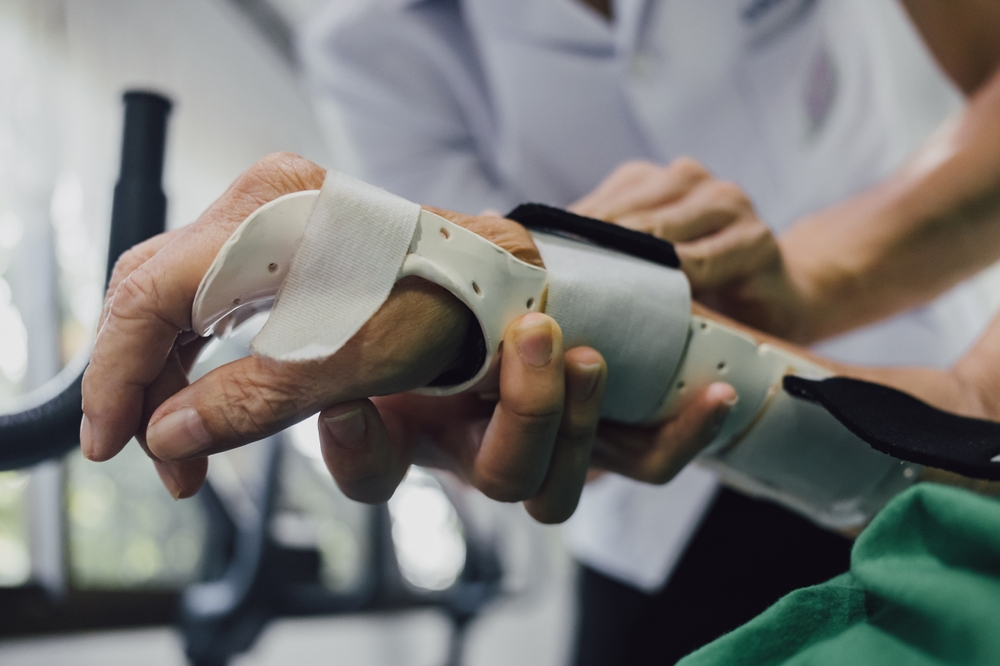Make an Appointment
Team sports and sports-activities help children develop physically, mentally and teach them many important skills for life. But, exactly when is the right age to immerse your child into the highly competitive world of sports?
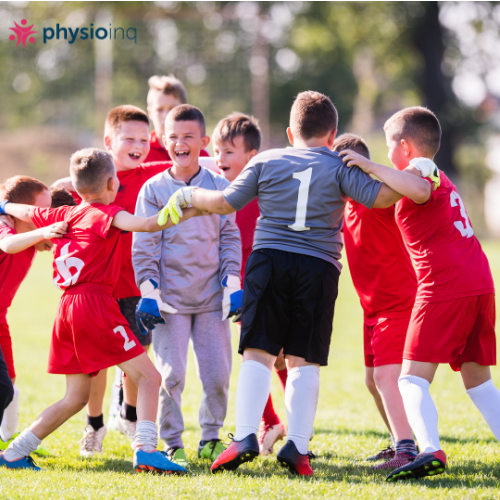
The benefits of competitive
It’s no secret that young children are full of energy and have an amazing capacity for picking up new skills. As a parent, channeling your child’s energy into something constructive like a sports program is a great idea. It combines learning with exercise and mostly importantly, fun! While playing sports in general is a great way to promote the practice of regular exercise, proper eating habits and coordination, competitive sports add in an extra layer of valuable life-skills that will help your child throughout all aspects of their life. Some of these valuable skills include:
- Self confidence
- Teamwork
- Comradery
- Discipline
- Goal achievement
Sports are often a child’s first taste of failure, judgement and teach them the importance of perseverance and practice. These skills are vital for adulthood, and developing them at a young age gives children an important head start in life. Plus, sports are fun and children are more receptive to learning when they’re having fun. That is, granted they have chosen the right sport for themselves.
Choosing the right sport
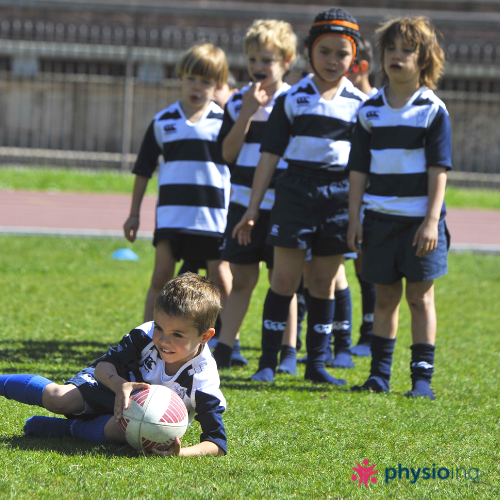
Regardless of your own expectations of your child’s sports career, the decision to focus on a particular sport should always come from the child. This may take your child trying out many different sports before landing on the one they decide to specialize in. Many children start off playing 4 or 5 sports, and slowly focus in on 1 or 2 in which they spend most of their time playing.
Don’t be afraid to let your child try out many different sport activities or games when they are young without the expectation of competitive success. Playing games at home involving kicking / throwing a ball, running or swimming are a great way to introduce children to playing sports without the pressure of competition. Schools often host sports days and play games in their physical education classes too. Listen to your child and find out which types of games they naturally prefer playing.
The drawbacks
It’s true, that playing sports as a child is tremendously beneficial for success later in life. Because of this, many believe that all children should have to play at least one sport in their lifetime. But, enrolling your child in a sports program comes with family commitment and investment as well. It is important to think of all factors, including the drawbacks, that come with choosing a particular sport. Some of these factors are:
- Financial cost:
- Depending on the sport your child plays (and how many children you have), there can be a significant financial cost involved such as equipment, travel and training fees.
- Time commitment:
- Transportation to and from practice, volunteering and sports events all take time away from not only your day-to-day responsibilities, but your child’s as well. Games often involve lengthy travel time and need to be balanced with other aspects of your life such as work, vacation and your child’s homework and social time.
- Stress levels:
- Competitive sports in particular, take dedication and can frankly, be stressful. Children need unstructured play time and rest. This is again, why it is important to have your child be enrolled in a sport chosen by themselves and that they enjoy. Although sports competition is important, so is your child’s quality of life and happiness.
What age should your child be to start playing sports?
The exact age of initiating a sports career depends on many different factors. Maturity, gender and genetics all play a part in how old your child should be, before starting to play sports competitively. Sports competition and training often begin as early as age 6, yet many believe that anywhere between 8 - 13 is a more appropriate age for young children to take on the mental stress and musculoskeletal injuries that can occur as a result of playing sports competitively.
Sports injuries
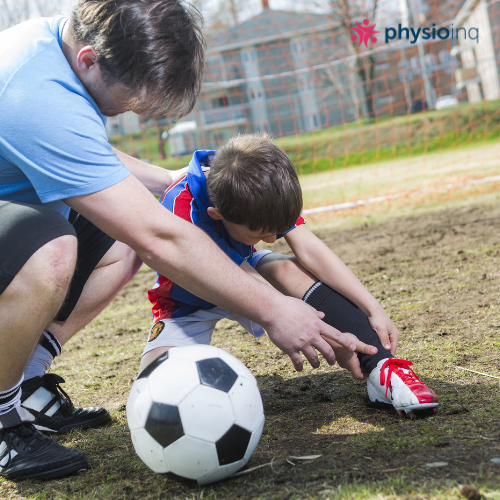
Injuries are common among athletes of all ages and across all sports. Although young children are less prone to injuries than adults, they still occur. Some of the most common sports injuries among children include sprains, strains and stress fractures (especially in running heavy sports). It is important to make sure that the particular sport being played is used as a tool to gain valuable skills and build a strong physical foundation for your child, as opposed to creating possible future injuries and physical imbalances. “Early diagnosis is key” (as outlined on our blog), when it comes to assessing sports injuries in children.
**Before partaking in any sport, it is always best to have your child see a professional to make sure they don’t have any pre-existing muscular / skeletal imbalances or genetic conditions that may increase their risk of injury.
What is your child’s competitive goal?
Your natural inclination may be to put your child into a sport as early as possible to give them an edge over other children. This is common among parents who want their child to be successful. But, depending on the end goal for your child this may not be necessary and comes with consequences.
To produce a high-level athlete, a lot of time, effort and sacrifice is required. Overtraining can cause a child to burnout and increases their risk of injury later in life. Heavy or intensive training does result in a higher level of athletic achievement on average, but leaves your child more susceptible to becoming injured or losing passion for their sport over time. "Training between 14 and 18 hours per week" was considered to be ‘intensive’ in a study conducted by the Western Journal of Medicine.
If high-level competition is not the goal for your child, but overall health and mental development instead, 1-hour of low to moderate exercise per day is adequate and recommended.
Sports success for life
A balanced life for your child means not only exercising regularly, but taking the time to be social and focus on academics as well. Sports is hugely beneficial for children and gives them the skills necessary to deal with all that life will throw at them in the future. Once your child is ready mentally and emotionally to start playing sports, make sure they are equipped physically as well. Regardless of the countless benefits playing sports provides, the fact of the matter is it puts wear-and-tear on the body. So, make sure your child gets regular checkups to maintain a healthy body as they age.
We can help!
We have a team of clinic & mobile Physiotherapists and Exercise Physiologists all across Australia that are ready to assess your child’s genetic and physical makeup to determine their starting point and give them every advantage for success, before embarking on an athletic journey. Contact us by phone at 1300 731 733 or find a location nearest to you to get started!
Date Published: Thursday, February 21, 2019
Locate a Paediatric Physiotherapy
Service Near me
Get the experience & convinence you deserve to support your or a loved one's allied health needs.
Our Paediatric Physiotherapy team are currently serving & taking appointments in the following states and regions in Australia:
New South Wales
- Blacktown
- Blue Mountains
- Campbelltown And Macarthur
- Canterbury-Bankstown
- Eastern Suburbs Sydney
- Georges River
- Hawkesbury
- Inner East Sydney
- Inner West Sydney
- Lake Macquarie
- Lower North Shore
- Newcastle
- Northern Beaches
- North Sydney
- Parramatta
- Penrith
- South West Sydney
- Sutherland Shire
- Sydney CBD
- The Hills Shire
- Upper North Shore
- Waverley
- Wollongong
Tasmania
Victoria
Need to get into direct contact with ur Client Services team? We're all ears. Call our team directly on 1300 731 733

